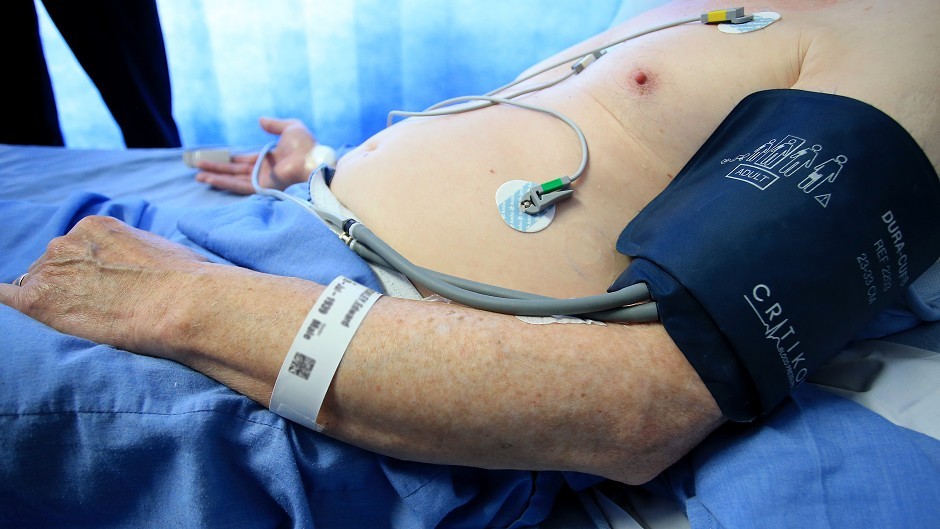Cancer patients who live further away from hospitals are likely to be treated more quickly – but die sooner, north-east academics have discovered.
Researchers from Aberdeen University carried out the study, which they have described as a “cancer geography paradox”, and have had their findings published in the British Journal of Cancer.
It is understood to be the first study anywhere to examine the impact of burden of travel on the cancer diagnosis process.
The team analysed data from more than 12,000 patients from across the north-east, the Highlands and the northern isles and looked at their travel time to the nearest major hospital, the time taken for treatment to begin and their survival rates within a year.
They found those who lived in the northern isles were 32% more likely to start treatment within 62 days of their GP’s referral, compared to those living within 15 minutes of their treatment centre.
While a similar disparity existed among people on the mainland who lived varying distances away from facilities.
They also found that islanders were 72% more likely to have their diagnosis and treatment started on the same or next day compared to those who lived within 15 minutes of their cancer treatment centres.
However, the study revealed faster treatment did not translate into better survival rates, with those living more than an hour away or in the islands being significantly more likely to die in the first year after treatment than those living closer by.
The researchers say the findings suggest more must be done to analyse how people with cancer interact with specialist services after they have been diagnosed.
“These contradictory findings on time to diagnosis and mortality are perplexing to say the least,” said Dr Peter Murchie, a clinical consultant who led the study.
“The findings suggest that what happens to patients after their diagnosis may be much more important.
“It could be that living in rural areas where you have to travel further to receive treatment might limit treatment choices once a diagnosis has been made.”
Dr Murchie suggested that cancer patients who live further away from hospitals might find it harder to access “follow-up” care following their initial treatment.
He added: “Future researchers should confirm these findings in the wider UK and beyond, but the key challenge now is to explain what the factors are that contribute to this apparent disconnect between treatment time and outcomes for patients.”
